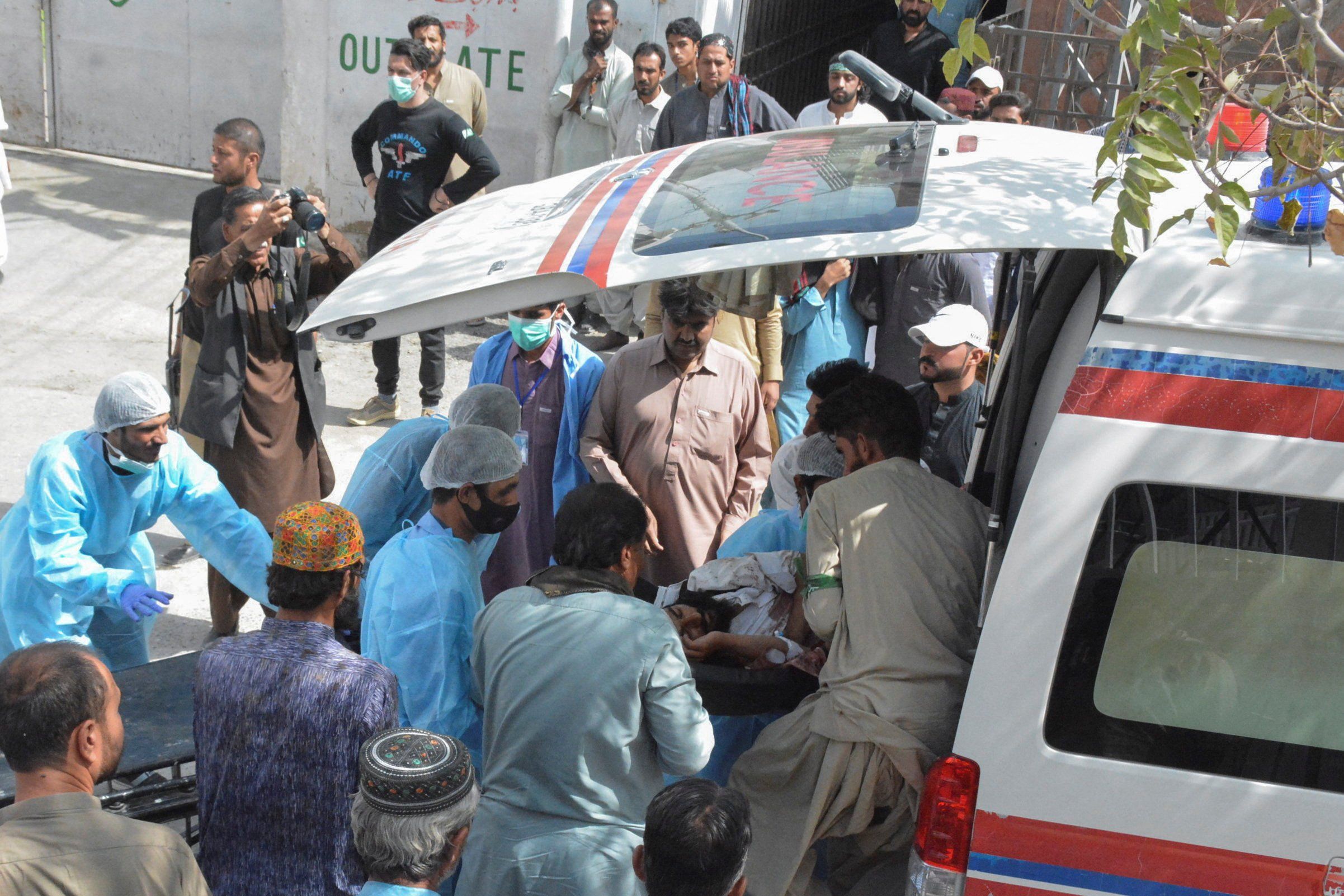Hard Numbers: Pakistan blast, mRNA Nobel win, Kaiser Permanente strike, escaping Nagorno-Karabakh, flights to Libya, cashing in rupees
59: Fifty-nine people were killed Saturday in a bomb blast at a mosque in Mastung, Pakistan, where people were gathering to mark the birthday of the Prophet Mohammad. Pakistan’s interior ministry accused India’s intelligence service of masterminding the attack, a charge Delhi denies.
2: Two scientists, Professors Katalin Karikó and Drew Weissman, won the Nobel Prize in Physiology or Medicine on Monday for having developed the technology that led to the mRNA COVID-19 vaccines. The same technology is now being tested to help fight other diseases.
75,000: In what would be the largest healthcare strike in US history, 75,000 workers at care provider Kaiser Permanente are threatening a three-day walkout as of Wednesday. While the company said hospitals and ERs would remain open, patients might see longer wait times and delays in lab work.
100,000:Over 100,000 ethnic Armenian refugees have fled to Armenia from Nagorno-Karabakh after Azerbaijan retook control of the territory. The UN has called for international assistance, and Armenia has asked the European Union for shelter assistance and medical supplies.
10: Flights resumed from Libya to Italy after a 10-year hiatus due to a ban imposed by the European Union. Medsky Airways is now offering twice-weekly service from Tunis to Rome, though it is unclear how it is getting around the EU ban that is still in force.
96: India is extending the deadline to Oct. 7 to cash in its 2,000 rupee notes, 96% of which have been returned to the national treasury. The bills, worth an estimated $24, were introduced in 2016 during a campaign to demonetize the economy in which higher-value notes were discontinued.
